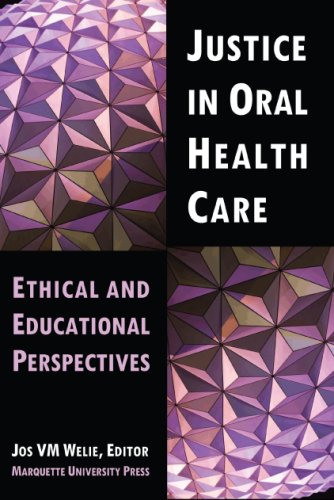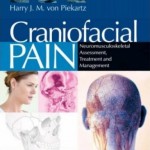 By
By
- Jos V. M. Welie
The United States spends a greater part of its national gross product on health care than any other nation. It can boost some of the finest hospitals and clinics worldwide and is generally acknowledged to be at the forefront of innovative biomedical research. Indeed, a 2000 World Health Organization (WHO) report on health care systems notes that Americans themselves believe the US system to best respond to the needs of the country when compared to systems elsewhere (WHO 2000). But the same WHO report also ranks the US health care system 37 th in overall performance. This low ranking is due in large part to the unequal distribution of care. Approximately one in seven US citizens still has no health care insurance and approximately twice that many are inadequately insured. Consequently, millions of Americans, including many children, are underserved. The problem of unequal access and the resulting disparities is not limited to medical care. It also plagues many other domains of health care, in some cases even more painfully than in medicine. Most notably, 108 million people lack dental insurance, which is more than 2½ times the number who lack medical insurance. More than one third of the US population (or some 100 million people) have no access to community water fluoridation, one of the most important components of preventive oral care.
Download
Note: Only Dental member can download this ebook. Learn more here!











